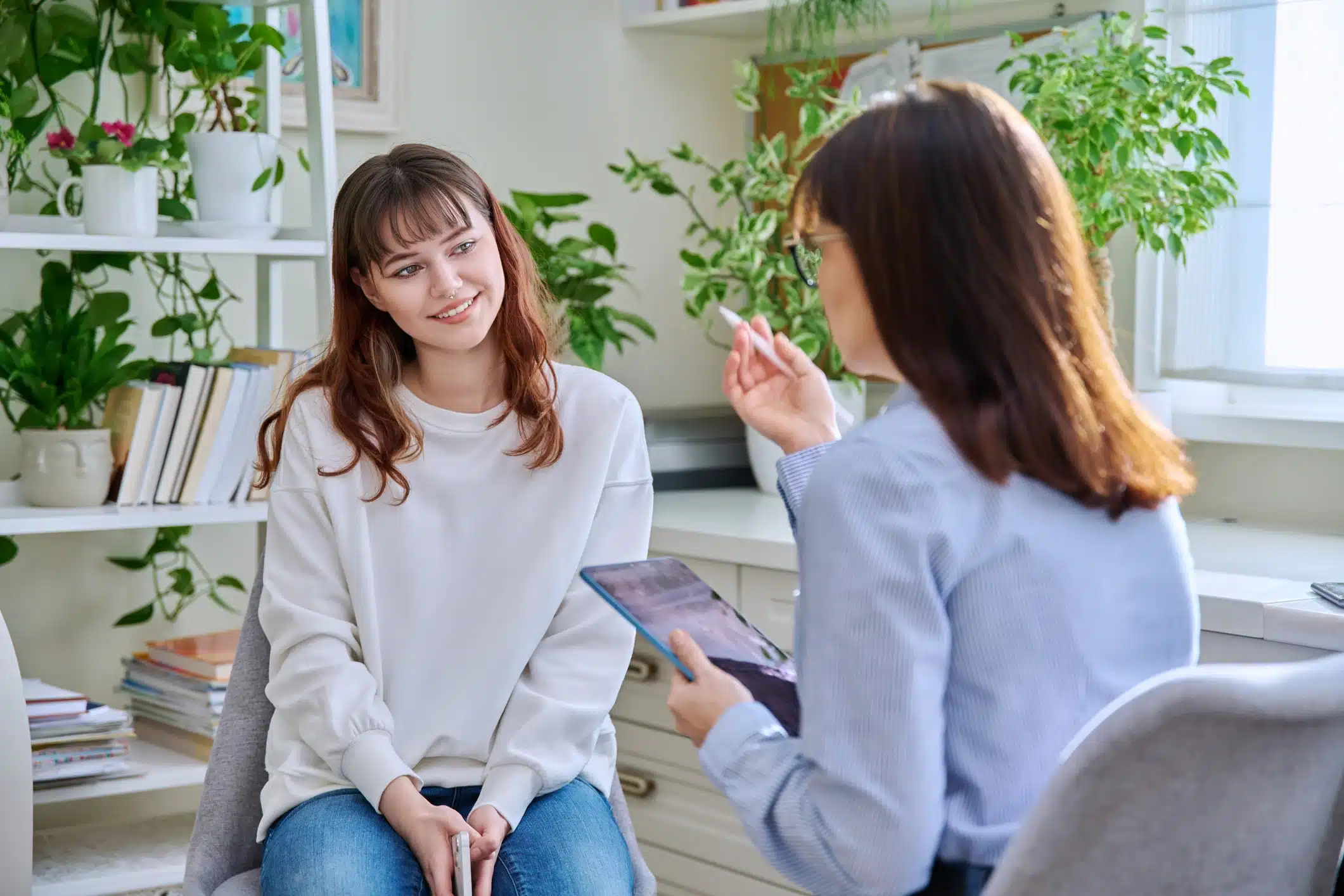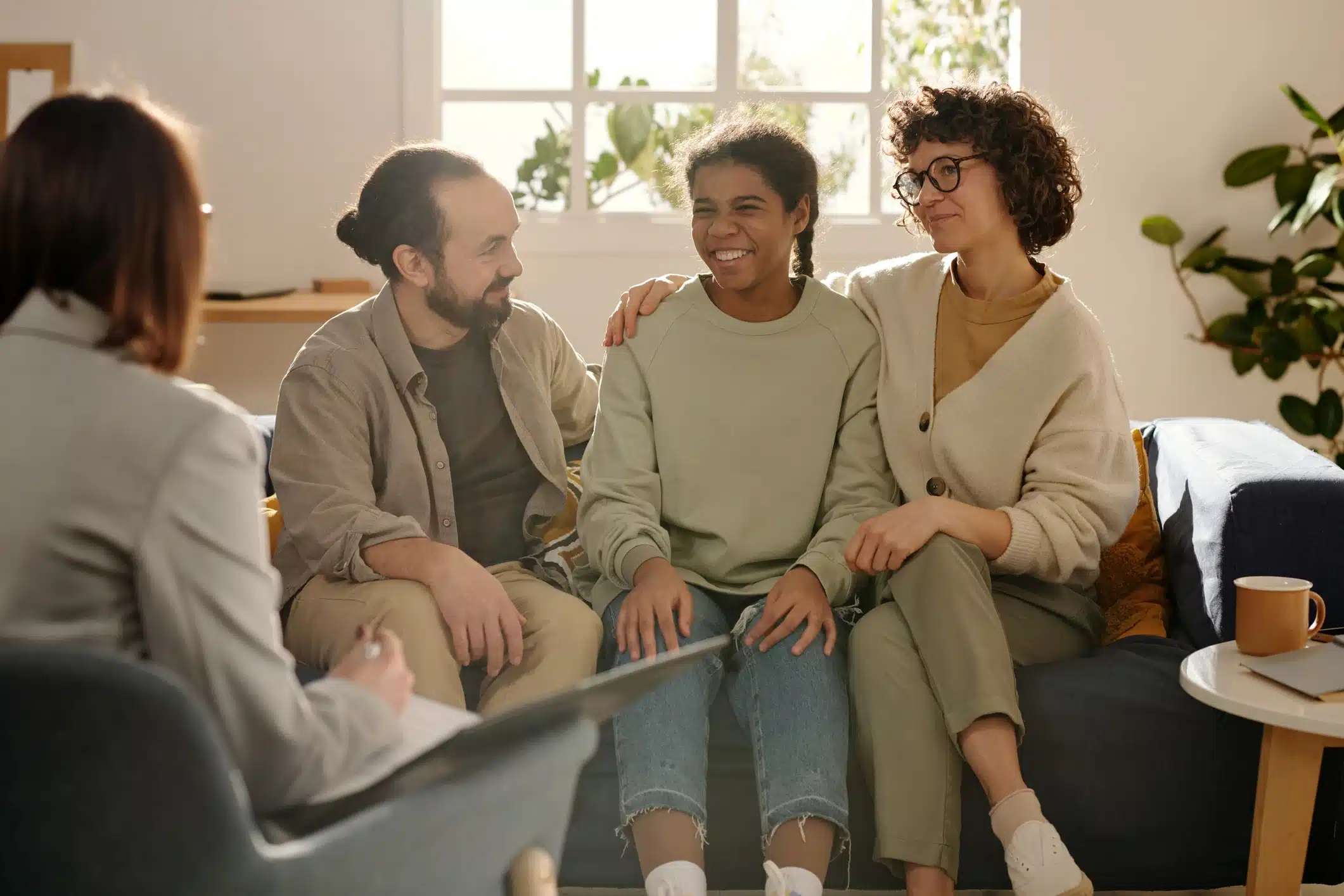Relationship issues can be difficult to navigate alone. Without specific couples counselling techniques, communication is often mishandled and issues misunderstood. Couples counselling is one method to creating a stronger bond through both hard and comfortable times.
Who Needs Relationship Counselling?
All relationships experience periods of turmoil and complacency. Sometimes these stages will pass on their own and other times they won’t. For additional help understanding each other and moving forward, couples counselling can be a great tool you can use at any time.
Regardless of how long a couple has been together, there is always work involved. In the beginning of a relationship, many individuals are still trying to figure out their partner’s needs and communication style. This can be particularly challenging if they have different priorities or are hesitant to talk openly about their desires or stressors.
Other early relationship stages, like living together, also involve emotional work. We all have certain habits that we grow accustomed to. Sometimes we may not even realize what those habits are. Figuring out how to create a home that is both safe and comforting often takes time.
Later stages in a relationship may feel more comfortable, but often bring their own set of issues. When a couple knows each other very well, it can be easy to settle into a familiar routine. Intimacy and excitement may become increasingly uncomfortable to talk about and both people can grow apart. Even when they are physically close together.
Couples Therapy Tips
The following couples therapy tips can help when starting counselling to improve a relationship. If you’ve never been to a counselor before, the process does not need to be intimidating.
- Find the Right Therapist: Finding the right therapist is important when shaping a relationship. A professional who is trained in this specific area is recommended.
- Positive Attitude: When receiving counselling, a positive attitude is beneficial. Even if you’re not 100% positive about you or your partner, having faith in the process is necessary.
- Seek Help Early: If there’s a nagging issue in the relationship, get help sooner rather than later. The sooner you can start counselling, the sooner the relationship can begin to heal.
- Be Open Minded: Starting counselling with an open-mind works best. Counselling can be helpful for all types of couples. Regardless of sexual orientation, race, or background, relationships are a part of life and counselling can improve any relationship.
- Be Flexible: Both online and in-person counselling can benefit. If in-person counselling is not an option, online counselling has proved helpful for many relationships. With exercises that can be done at home, this type of therapy can be beneficial for anyone.
Couple Counselling Techniques
Since communication is often at the heart of many relationship issues, understanding the unique ways in which we express ourselves is imperative. This process is especially important during the beginning of relationship counselling. By having a solid foundation of how your partner thinks, you don’t have to guess at interpretations or suffer from misunderstandings.
- Emotionally Focused Therapy. This form of therapy began in the 1980s and was designed to improve communication style and emotional connection. This technique can develop a stronger bond between partners through the recognition of individual responses.
De-escalating is a crucial step in Emotionally Focused Therapy. This technique involves identifying the main concern before understanding the negativity of how it is being handled. By reframing the issue, a counselor can help shed new light onto an old problem.
By focusing on couple counselling techniques that change patterns of behavior, a solid communication foundation can be built. Both partners are encouraged to voice each other’s needs. This can help show compassion while learning how to express emotion.
- Narrative Therapy. Narrative therapy stems from the ability to concoct a coherent story. By using narrative therapy, you and your partner can create space from the issues at hand. This can be an effective way to minimize the issues without invalidating the emotions that come with them.
Narrative therapy can help frame a situation in a way that is more manageable. In doing this, you can then experience new stages of life that can be explored as a couple. Narrative therapy helps identify the main issues by externalizing them to prevent intense emotion from standing in the way of progress.
- The Gottman Method. This technique focuses on nine different components that can help create a healthy relationship.
These components include:
- Learning your partner’s hopes and dreams
- Showing respect and appreciation
- Turning toward your partner instead of avoiding them
- Problem solving with optimism
- Managing conflict in a compassionate way
- Open communication
- Fostering trust
- Commitment to the relationship
Couples Counselling Exercises
Depending on the type of relationship counselling you receive, different couple counselling exercises may be used. Exercises include ways to build trust, compassion, and open communication.
- The Basics. Basic couple counselling exercises include conversational framing. Using “I” statements is a good beginners exercise for moving forward in counselling. By focusing on your own feelings, this can ease some of the tension that can come with high conflict. The listener in this conversation is encouraged to pay attention to their own body language and interruption. By repeating what the individual has communicated, a sense of validation can be established.
- Gratitude exercises. Gratitude exercises focus on what is going well in the relationship. By telling your partner what they do to make you feel loved, your partner can feel both appreciated and encouraged. This exercise can be done on a daily or weekly basis depending on the focus of counselling. Positivity in the relationship is often a great way to motivate both people in a relationship.
- Sharing exercises. Many couples withhold information about the relationship that is both positive and negative. They may dismiss the positive factors as “give-ins” or they may hold their tongue about negative issues because it feels small or arbitrary. In this exercise, both individuals write down 2 positives about the relationship and 1 negative. The issue that is causing negativity should be a minor issue. This exercise can help couples engage instead of avoid uncomfortable feelings.
- Circular questions. Circular questions are a tactic that counselors can use to help an individual understand their own reasoning. In this exercise, a counselor may ask an individual or the couple an influential question to understand patterns in the relationship. The circular logic stems from: Thought > Feeling > Behavior. This exercise can shed light on which thoughts come to mind first, how the couple feels about their thoughts, and what action occurs because of it.
- Enactments. Enactments are designed for growth outside the counselling session. Enactments begin with the couple facing one another so that the communication is more intimate. This exercise involves direct expression about how you and your partner feel during certain situations. The counselor’s role is to guide the enactment so that it is therapeutic for both partners. This exercise is typically used with ground rules and after the communication foundation has been examined.
Conclusion
Relationship counselling can be done in any stage of a relationship. Even if the relationship is seemingly without conflict, many couples choose to book an annual session. By staying in close communication with your partner, you can feel close, connected, and understood. Please contact us for more information on couples therapy.


